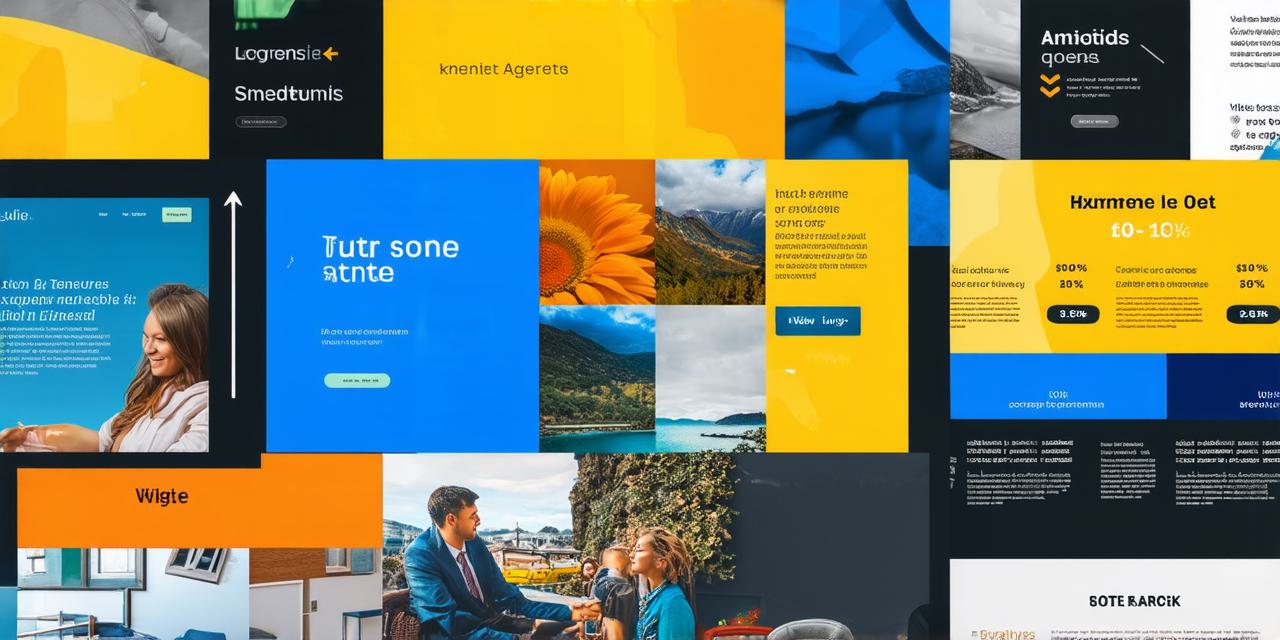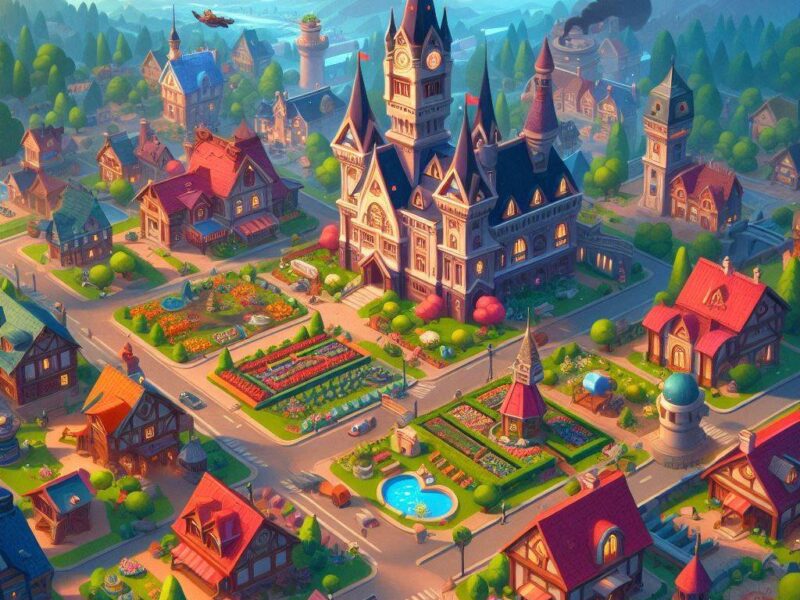Welcome, aspiring web designers! This guide is your roadmap to mastering the art of web design.
Why Web Design Matters

Web design is not just about making things look good; it’s about crafting the whole experience that connects the user with a company. As UX expert Jared Spool puts it, “Web design is the practice of creating digital interfaces in an intuitive and user-friendly way with the focus on enhancing user experience.”
The Journey Begins: Self-Study
Start by honing your skills through self-study. Online platforms like Codecademy, freeCodeCamp, and W3Schools offer interactive courses in HTML, CSS, JavaScript, and more. These resources provide a solid foundation for beginners, teaching the fundamental principles of web design. Practice regularly, build projects, and share them on portfolios like Dribbble or Behance to showcase your work.
Formal Education: Degrees and Certifications
For a structured learning environment, consider enrolling in a degree program at universities like the University of California, Berkeley, or the Art Institute of Pittsburgh Online. These programs offer comprehensive curriculums that cover web design principles, UX/UI design, programming languages, and more. Alternatively, specialized online platforms like Treehouse, Coursera, and LinkedIn Learning offer web design courses and certifications.
Case Study: From Amateur to Pro
Take the journey of Sarah, a self-taught designer who transformed her skills into a successful career. She started by learning HTML and CSS on Codecademy, then honed her skills through practice and collaboration with other designers online. Today, she works as a UX/UI Designer at a leading tech company. Her story serves as an inspiration for those who wish to pursue web design without formal education.
Experimentation: The Key to Innovation
To stay ahead, experiment with new technologies like React, Angular, or Vue.js. Attend web design conferences and workshops to network with industry experts and learn about the latest trends. By continuously learning and adapting, you can ensure your skills remain relevant in an ever-evolving field.
FAQs
1. What skills do I need to become a web designer? HTML, CSS, JavaScript, UX/UI design principles, and knowledge of responsive design are essential. Additionally, understanding user behavior, color theory, typography, and graphic design can help you create more effective and visually appealing websites.
2. How long does it take to learn web design? The time varies for each individual, but with consistent practice, you can start creating basic websites within a few months. Mastering advanced techniques may take several years of dedicated study and practice.
3. Should I get a degree in web design or self-study? Both paths have their merits. A degree provides structure, industry connections, and the opportunity to learn from experienced professionals. Self-study allows flexibility and the ability to focus on specific areas of interest at your own pace.
The Final Click: Embrace Your Web Design Journey
Remember, every successful designer started somewhere. With dedication, experimentation, and a passion for creating exceptional user experiences, you too can make your mark in the world of web design.


